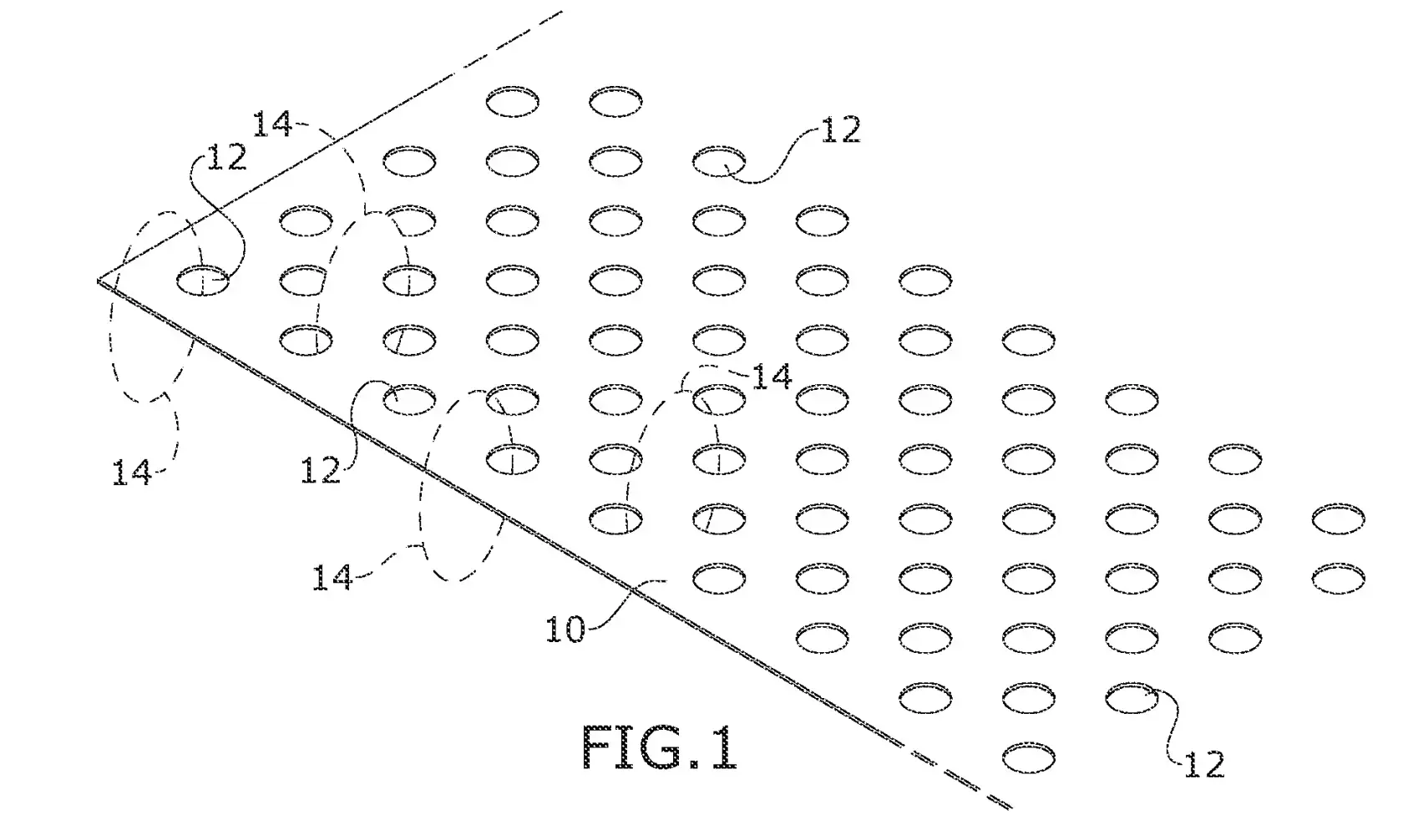

Check out this one for a general overview:
You may want to also check an intro to neural networks, and Q* is a somewhat new concept. Other than that… “the internet”. There are plenty of places with info, not sure if there is a more centralized and structured one.
Learning to code with just ChatGPT is not the best idea. You need to join three areas:
- general principles (data structures, algorithms, etc)
- language rules (best described in a language reference)
- business logic (computer science, software engineering, development patterns, etc)
ChatGPT’s programming answers, give you an intersection of all those, often with some quirks, with the nice but only benefit of explaining what it thinks it is doing. You still need to have some basic understanding of those in order to understand what ChatGPT is talking about, how to double-check it, and how to look for more info. It can be a great timesaver as a way to generate drafts, though.





Redundant, like the server staff who told Elon it would take 6 months to move the servers… so he decided to move them himself on a whim… and it took 6 months to finish making them operational again?
Or redundant like the content moderation staff, whose redundancy has turned X into an even bigger dumpster fire?
Moderating and serving the content from 300 million users, worldwide, in near real time and no downtime, might seem like a simple task, but it really is not.